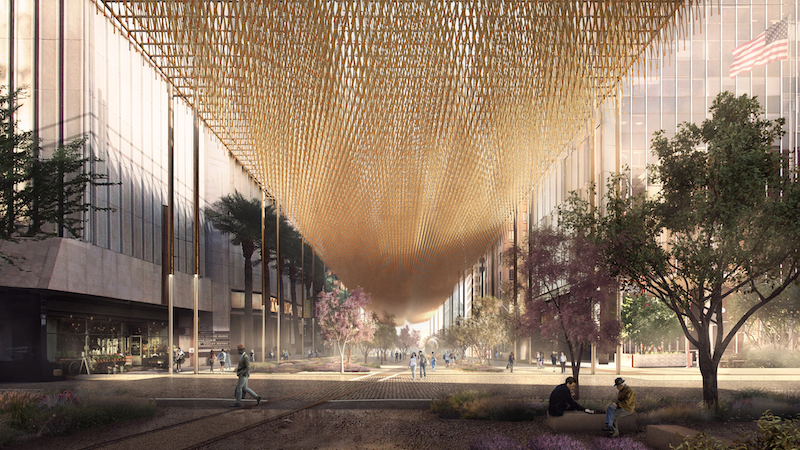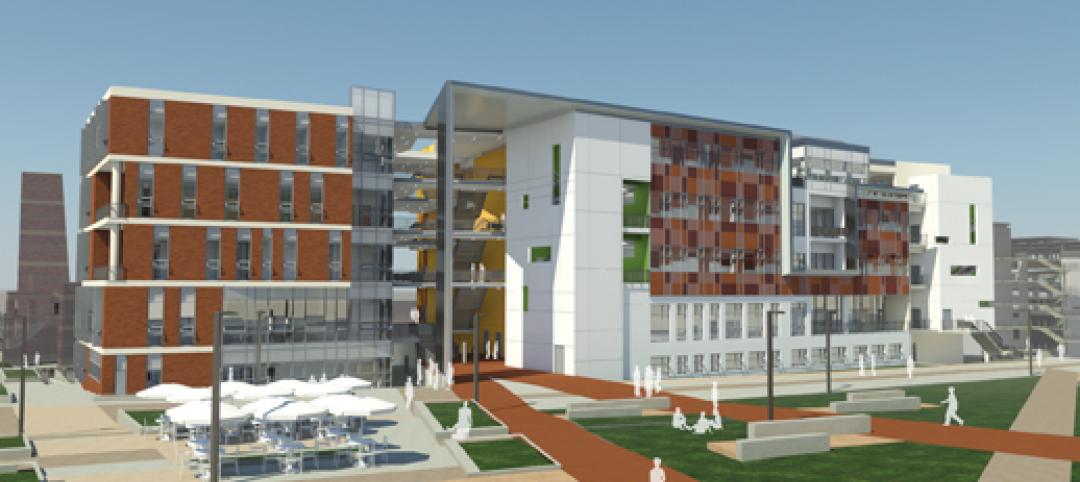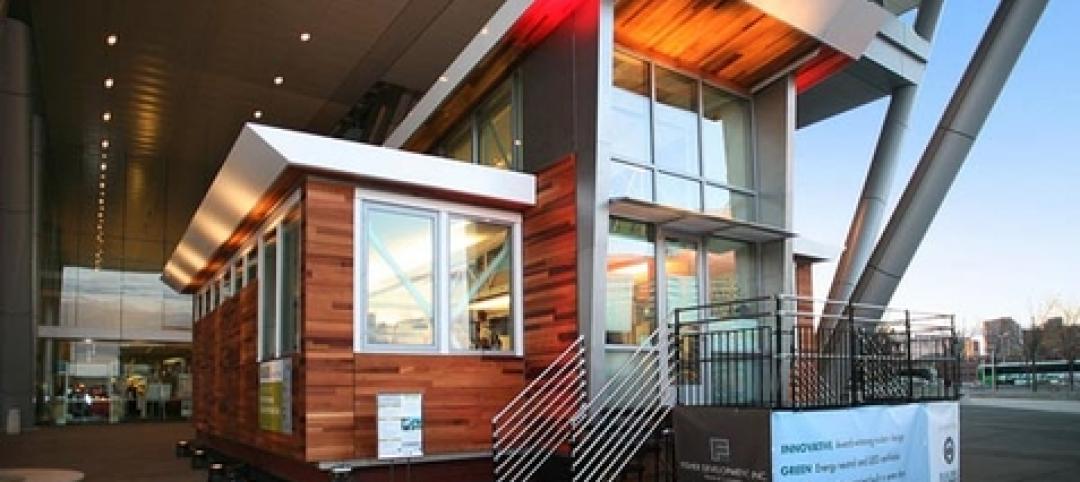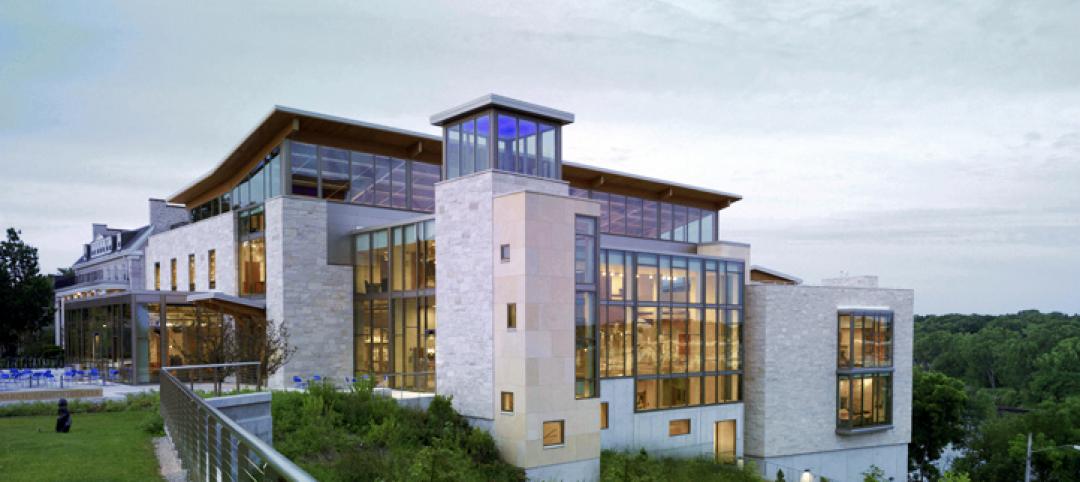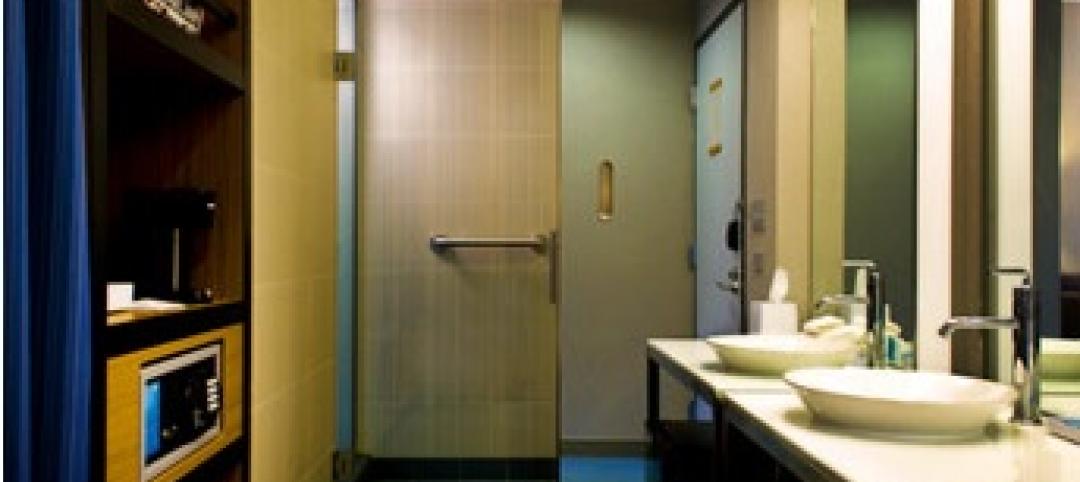“It’s a dry heat.”
That’s what everyone always says when hearing about the intense heat of a Phoenix summer. It may be true, but 105 degrees is 105 degrees, and black asphalt streets that can be used as a frying pan in the direct desert sun are not the most hospitable of places.
A proposal from Blank Studio Design + Architecture, however, looks to make the streets of Phoenix more inviting by turning city streets into corridors where the asphalt has been replaced in favor of dense ribbons of flora, cars have been removed, and a canopy of sisal fiber provides shade from the sun, Dezeen reports. Blank Studio’s proposal won first place in the 2016 Metro Design Competition that was organized by the Phoenix chapter of AIA.
The canopies would be made up of ropes of sisal, a natural fiber that comes from the agave plant. The ropes would measure two inches in diameter and reach lengths of up to 25 feet. Each rope would be attached to an overall framework and coiled extensions would hang down to create movement in the wind like that of swaying grass. The sisal canopies would filter the sunlight, making the heat less intense and the new corridors more habitable.
Cars would not be welcome in these newly designed corridors and the streets would instead be filled with amenities such as cafes, playgrounds, and markets. Mass transit will exist as the only means of transportation within the corridors. Additionally, bioswale channels would collect and reuse rainfall and greywater from neighboring buildings would irrigate the landscape.
Related Stories
| Sep 14, 2011
USGBC L.A. Chapter's Green Gala features Jason McLennan as keynote speaker
The Los Angeles Chapter of the nonprofit USGBC will launch its Sustainable Innovation Awards this year during the chapter's 7th Annual Green Gala on Thursday, November 3.
| Sep 12, 2011
LACCD’s $6 billion BIM connection
The Los Angeles Community College District requires every design-build team in its massive modernization program to use BIM, but what they do with their 3D data after construction is completed may be the most important change to business as usual.
| Sep 9, 2011
$22 million investment made in energy efficient building maker
The buildings use at least 25% less energy than the strictest building codes in the U.S., and as much as 80% less energy in certain parts of the country.
| Sep 7, 2011
KSS Architects wins AIA NJ design award
The project was one of three to win the award in the category of Architectural/Non-Residential.
| Jul 22, 2011
The Right Platform for IPD
Workstations for successful integrated project delivery, a white paper by Dell and BD+C.
| Jul 22, 2011
High-performance windows and doors
Learning objectives After reading this article, you should be able to: Understand issues of thermal performance and energy efficiency in relation to window and door systems; describe optimal detailing of the window-wall interface and how it contributes to building performance, sustainability, and occupant well-being; understand how durability contributes to sustainable windows/doors; and list sustainable O&M requirements for window and door systems.
| May 20, 2011
Hotels taking bath out of the bathroom
Bathtubs are disappearing from many hotels across the country as chains use the freed-up space to install ever more luxurious showers, according to a recent USAToday report. Of course, we reported on this move--and 6 other hospitality trends--back in 2006 in our special report "The Inn Things: Seven Radical New Trends in Hotel Design."


